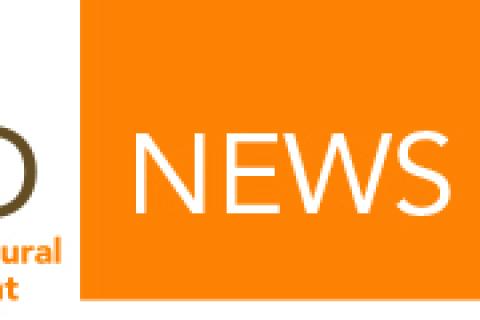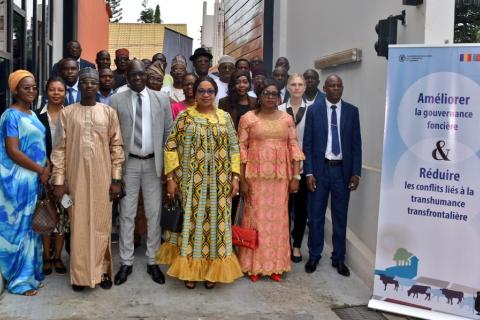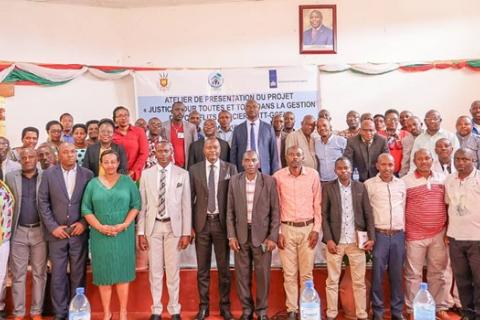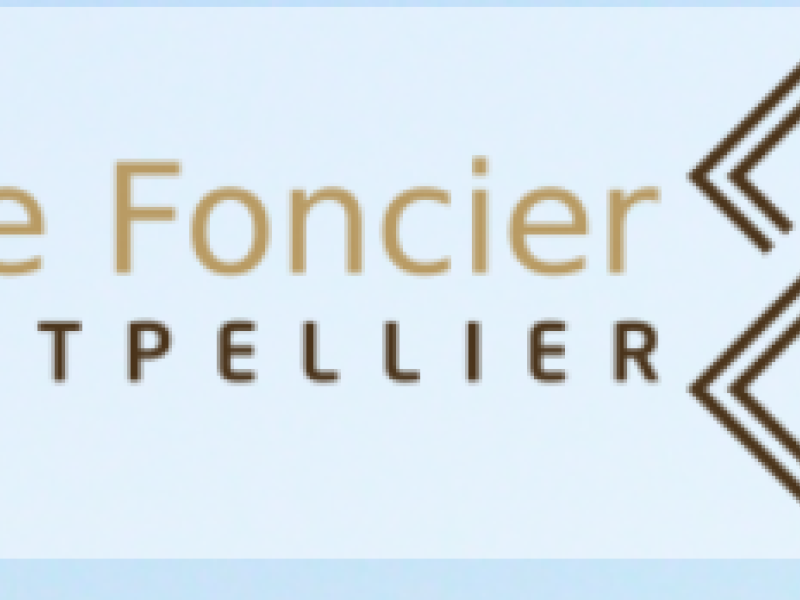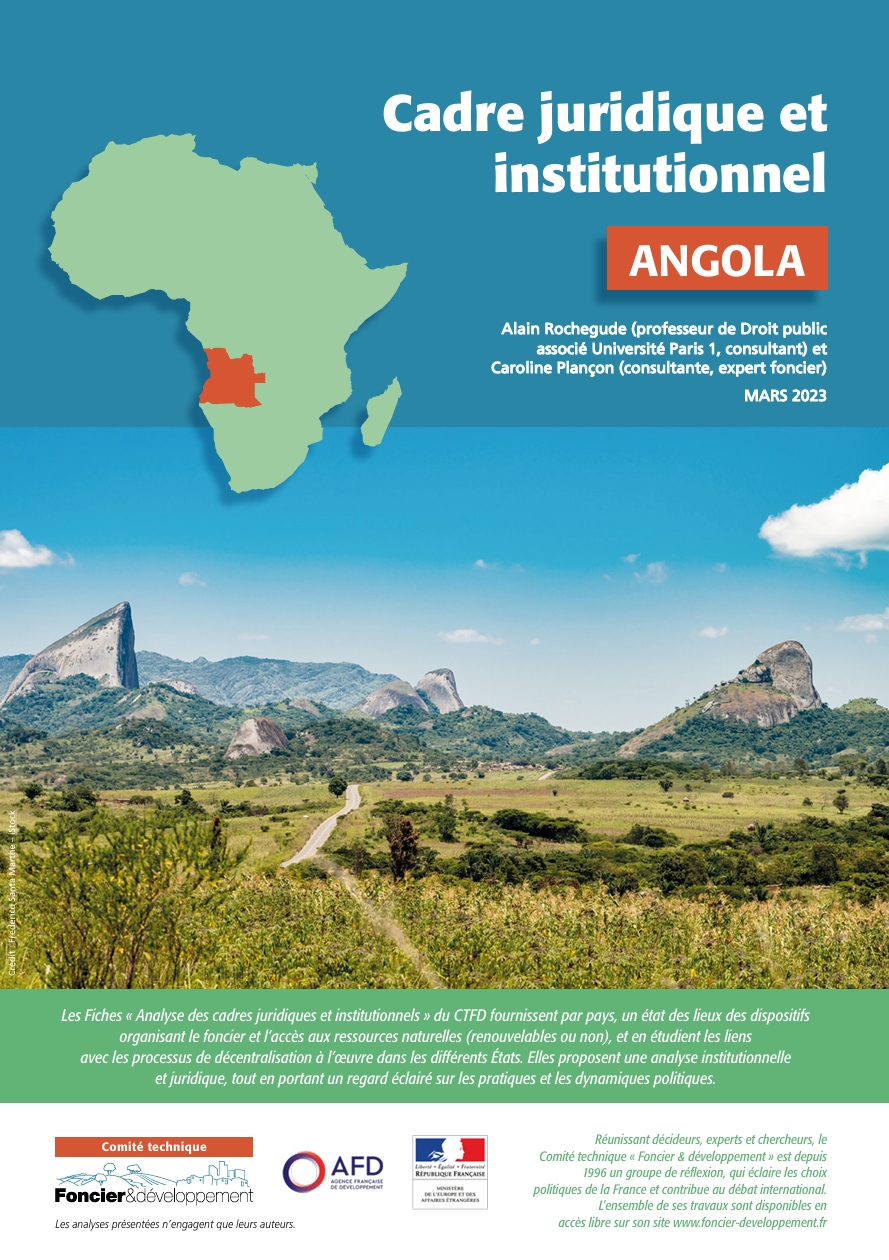GIZ Knowledge Exchange Workshop 2024 Day 1
This video presents an overview of the first day of the 2024 GIZ Knowledge Exchange Workshop: Anchoring Practitioners' Experience in Responsible Land Governance Systems in Senegal.
Thèmes / Land & Conflicts
This video presents an overview of the first day of the 2024 GIZ Knowledge Exchange Workshop: Anchoring Practitioners' Experience in Responsible Land Governance Systems in Senegal.
L’appel à candidatures pour la promotion 2024 du programme « Promouvoir le leadership des femmes à l’égard de l’action climatique » est désormais ouvert.
’Organisation des Nations Unies pour l’alimentation et l’agriculture (FAO) promeut la gouvernance responsable des régimes fonciers afin de garantir la sécurité alimentaire pour tous.
L’atelier de lancement du projet intitulé « Améliorer la gouvernance foncière et réduire les…
OrganizationsBrowse all


